
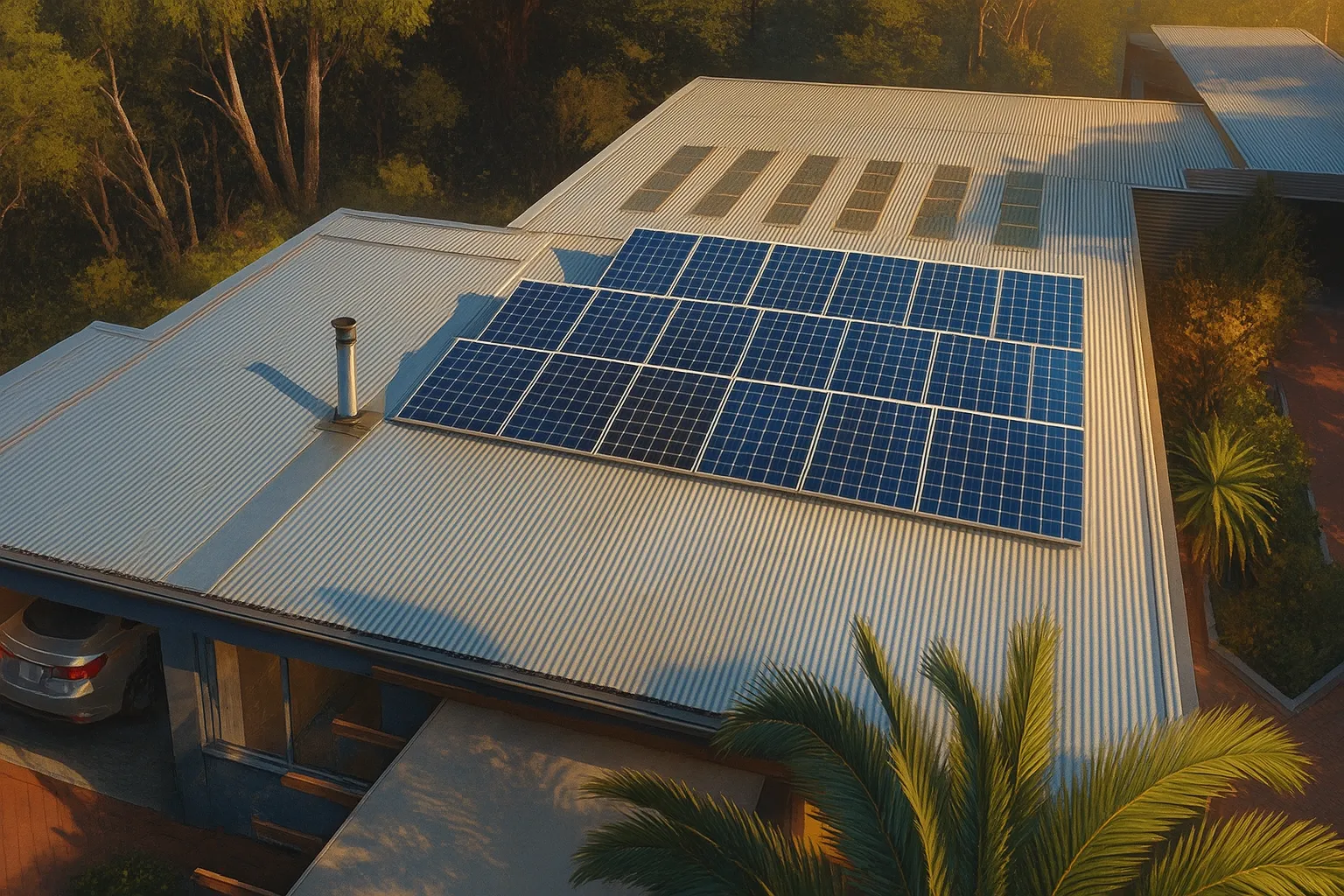
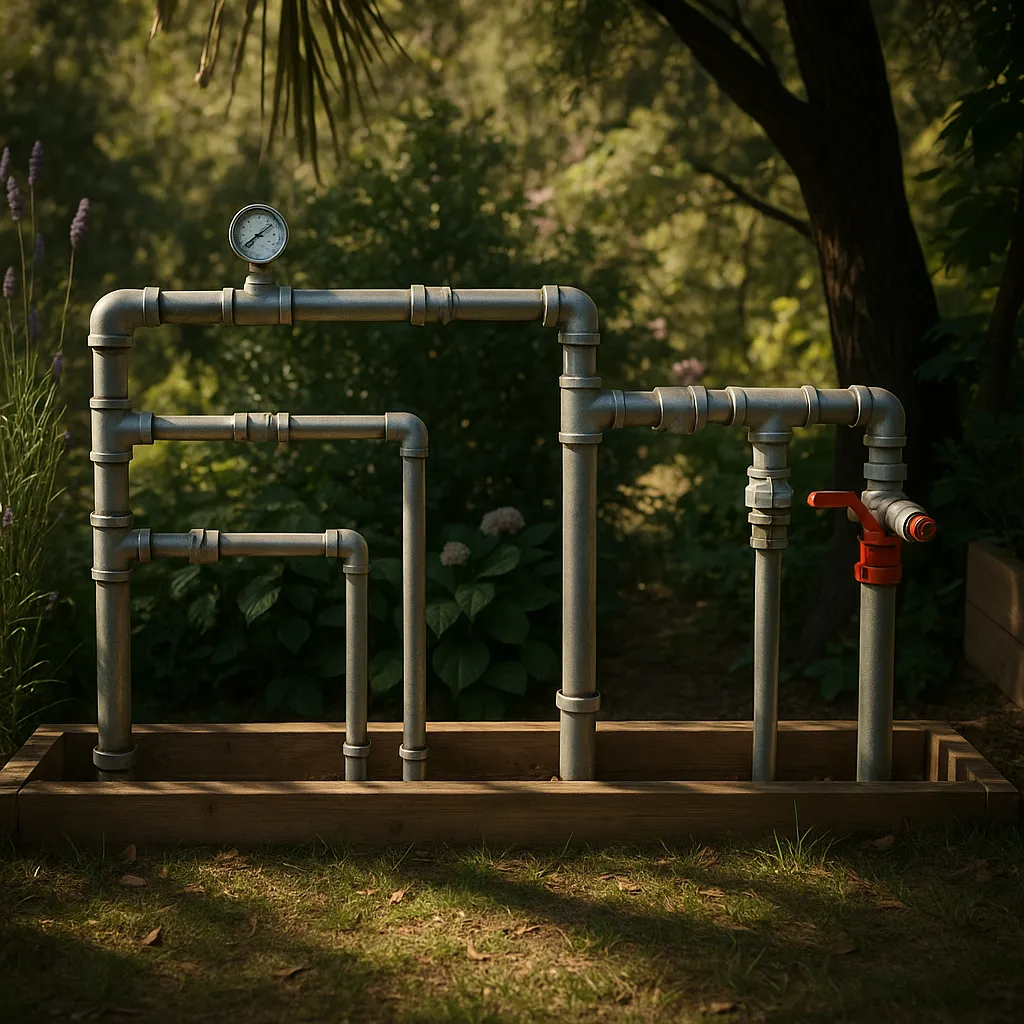
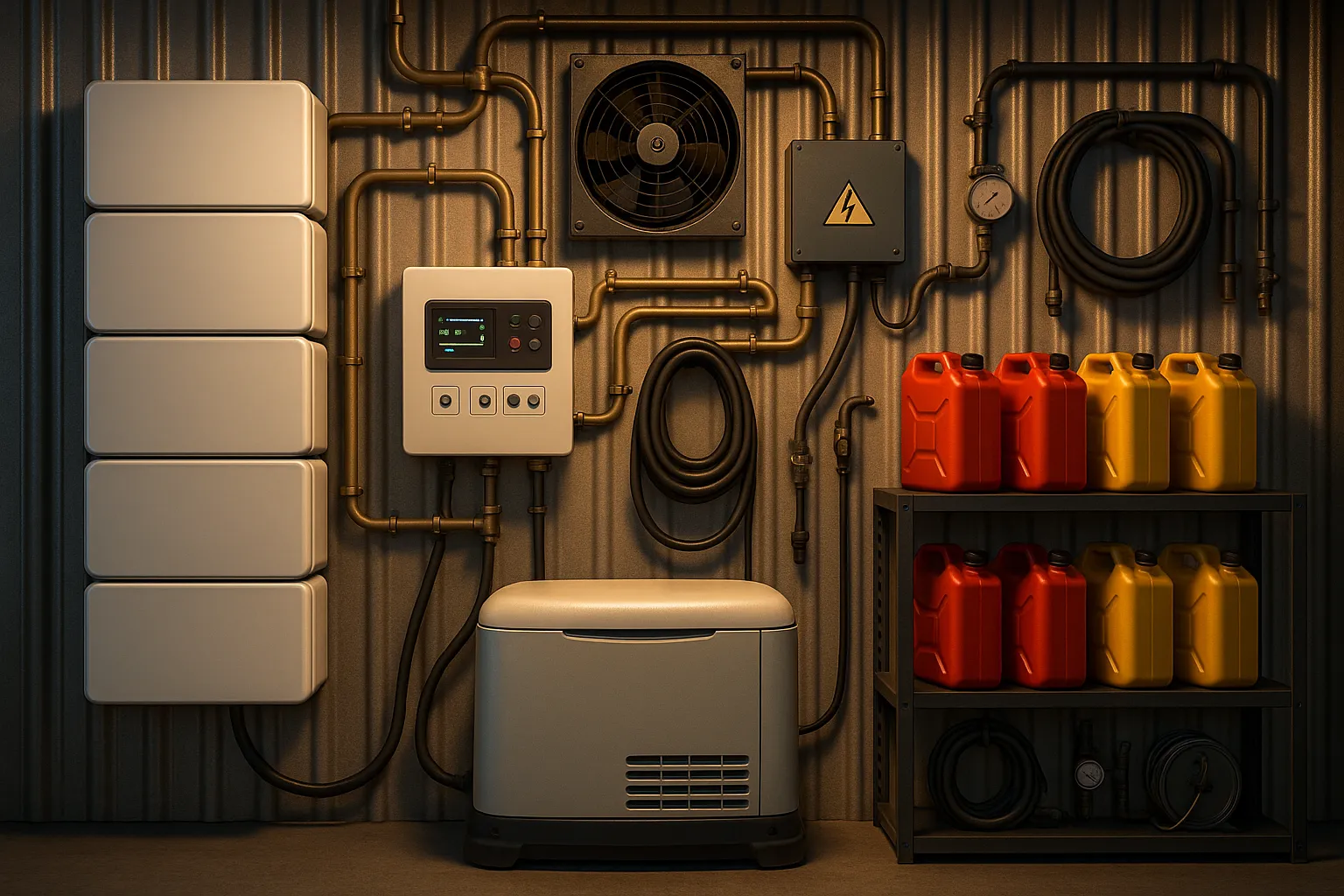
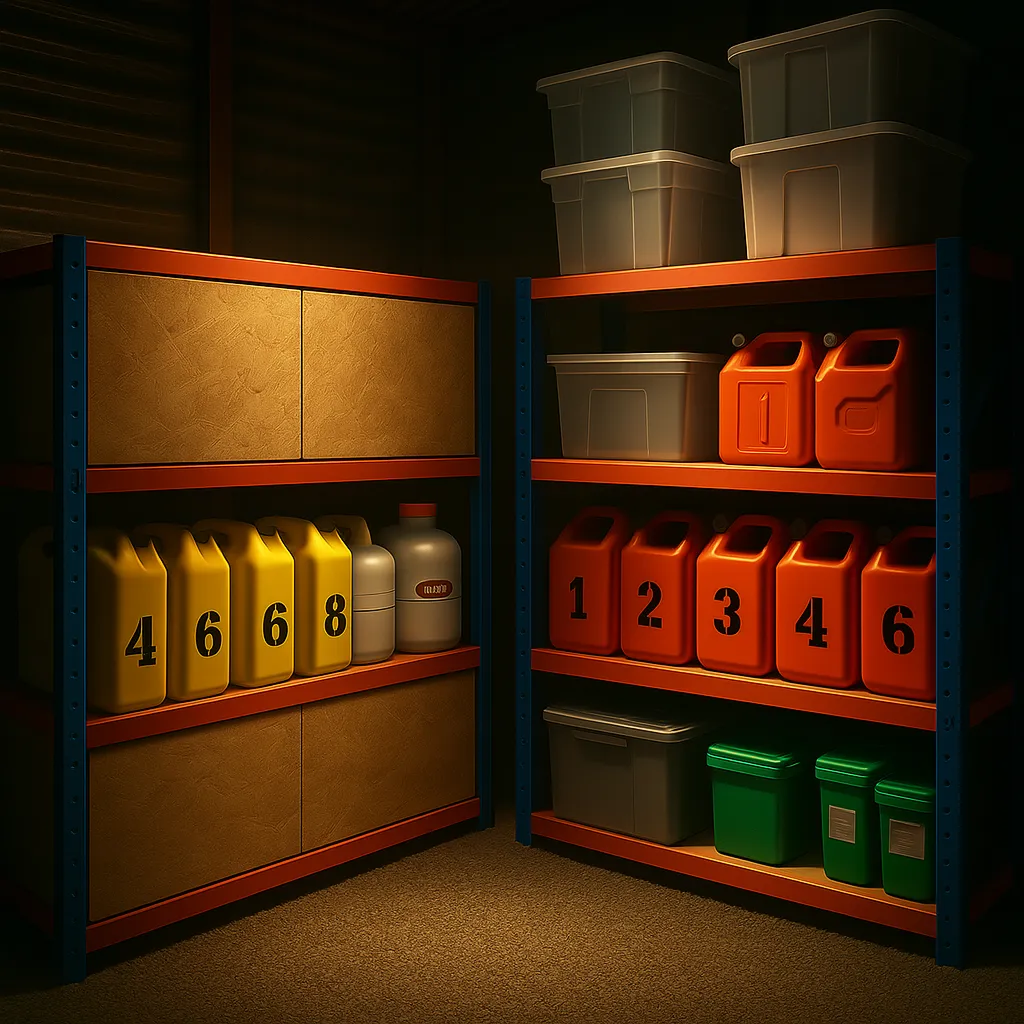
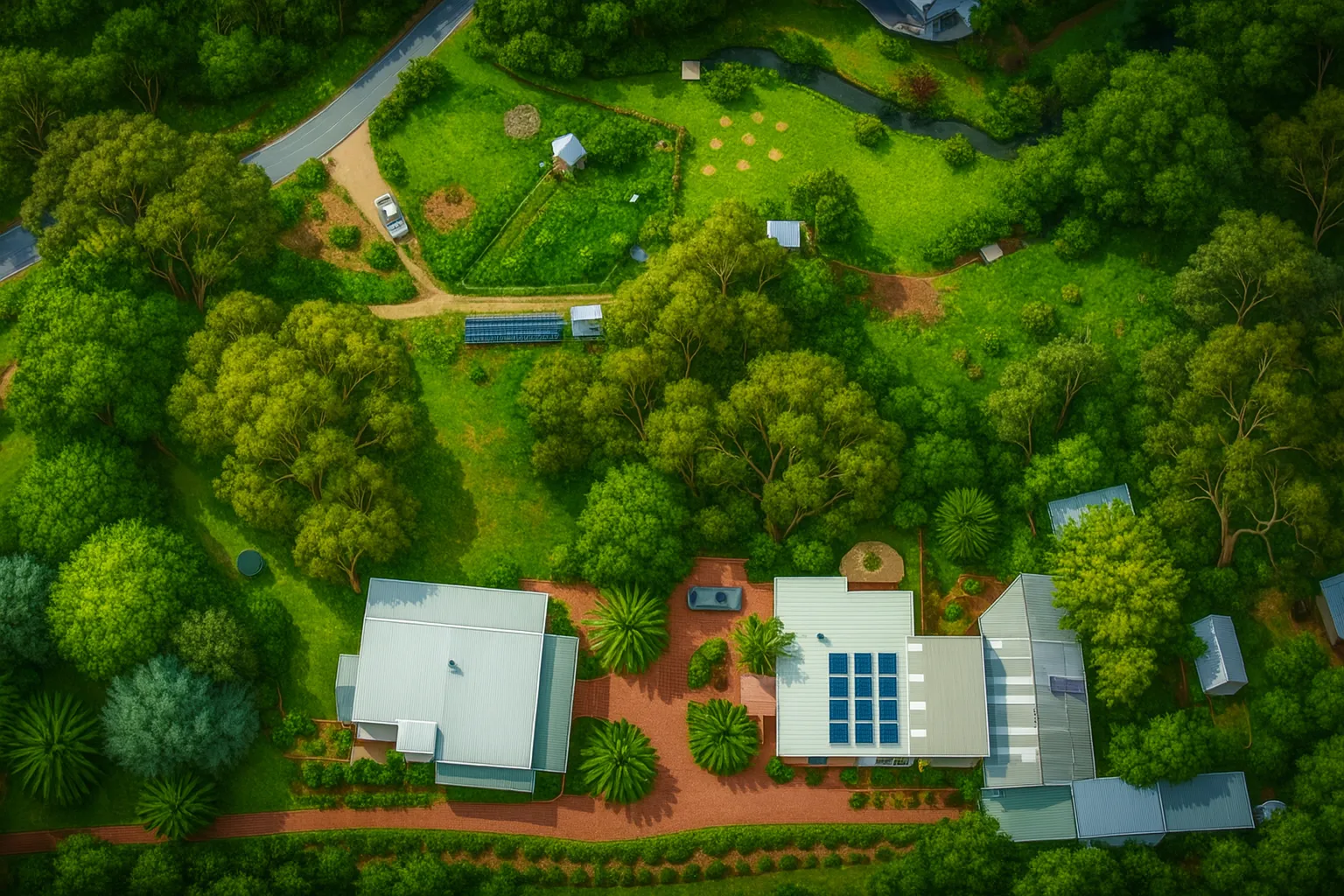
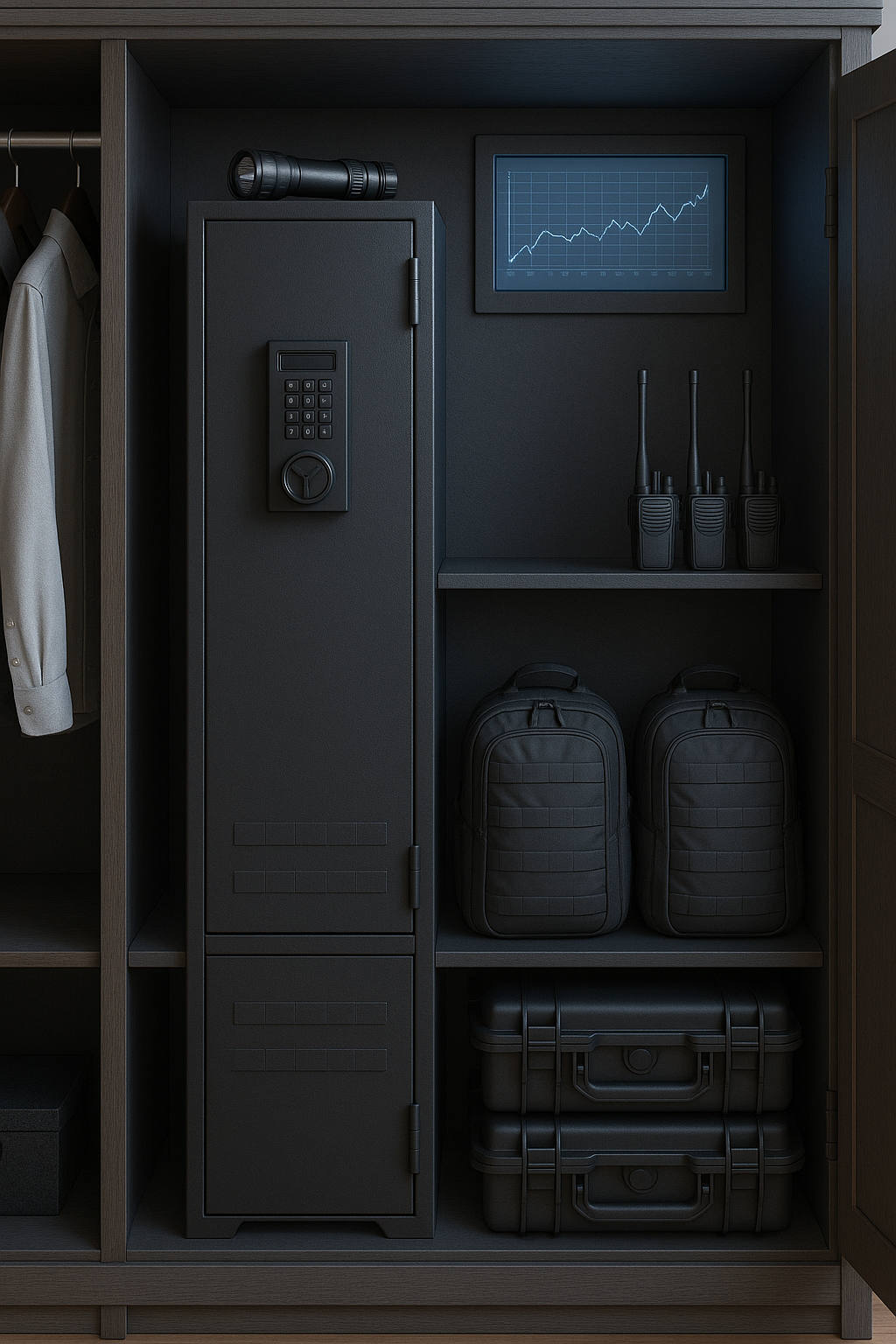
High Impact, Low Probability: Preparing for the Unthinkable
At Resilient Systems Australia, we focus on practical readiness—independent power, secure water, bushfire resilience, and local food systems. But there’s another layer to preparedness. A deeper layer. One that considers events that fall outside the boundaries of everyday planning, but which, if ignored, can unravel everything else.
We’re talking about High Impact, Low Probability (HILP) events.
These are not conspiracy theories. They’re real-world possibilities that governments, militaries, and insurance giants quietly factor into their models. They’re unlikely—until they happen. And when they do, they shift the world beneath your feet.
This is not about panic. It’s about principle. Good design accounts for the obvious, and prepares for the unlikely. Because in times of disruption, it’s those with quiet foresight—not loud opinions—who endure best.
What Are HILP Events?
HILP stands for High Impact, Low Probability. These are events that don’t happen often, but when they do, they cause widespread disruption and long-lasting consequences. They include things like extreme civil unrest, political collapse, geomagnetic storms, rogue AI systems, and even cosmic events.
These scenarios demand more than a stash of supplies. They require clear thinking, decentralised systems, and the ability to stand apart from broken infrastructure or institutional overreach. They’re rare, but they’re real—and Australia, despite its isolation, is no longer shielded.
1. Systemic Social Unrest
History reminds us that social cohesion is fragile. Economic collapse, sustained supply chain disruption, contested governance, or civil liberties violations can all trigger unrest. Urban centres become flashpoints. Trust in institutions fractures. Responses lag behind events.
Australia is not immune. In fact, we’re already flirting with the edges. Rising inflation, housing insecurity, distrust in political leadership, media polarisation, and pandemic fallout have left many Australians uneasy. A deep divide is growing between the governed and those who govern—exposing fault lines in our so-called “lucky country.”
Resilience here means more than stored food. It’s about strategic positioning—knowing where not to be. It’s about local community bonds, real-time information flow, off-grid capabilities, and having the ability to stay home when others can’t.
We design for calm amidst chaos. And increasingly, that calm is becoming a rare commodity.
2. Political Overreach & Authoritarian Drift
Emergency powers, once invoked, are rarely surrendered without a fight. The last few years have shown how quickly governments can override freedoms when fear is the fuel. Border closures. Curfews. Protest bans. Travel permits. State surveillance. Misinformation policing. These weren’t hypothetical—they happened, here, in Australia.
When the line between public safety and personal sovereignty gets blurred, resilience becomes about more than infrastructure. It becomes about principle.
Our work empowers individuals and families to build systems that operate independently of bureaucracy. To function without asking permission. That means off-grid energy, robust water reserves, private communications, and diversified supply chains—all within your control.
We don’t tell you how to think. We help ensure you still can.
3. Solar Storms & Coronal Mass Ejections (CME)
The sun occasionally releases enormous bursts of energy—Coronal Mass Ejections—that can fry satellites, disable power grids, and cripple communications. In 1859, a CME lit up telegraph lines across the world. In 2012, one narrowly missed Earth. Had it hit, experts estimate months-long power outages in some regions.
Australia’s grid is more vulnerable than many realise. A sprawling network, heavily centralised, with minimal national redundancy. In recent years, we’ve seen blackouts from storms, heatwaves, and cyberattacks. A major geomagnetic event would leave large parts of the country dark—and disconnected.
Our designs factor in this fragility. We build for autonomy: battery-backed solar systems, surge protection, offline comms, and tools that work without the cloud. No reliance on fragile long chains. Just real, local power.
4. Artificial Intelligence & Systemic Dependence
AI is no longer science fiction. It’s approving loans, surveilling streets, writing news articles, and filtering your thoughts. It promises speed—but often at the cost of transparency. What happens when it governs energy, healthcare, food logistics—or censorship?
Australia is quietly integrating AI across every major system—from defence and policing to education and compliance monitoring. And yet, most citizens don’t understand how it works—or when it’s deciding for them.
We believe in intelligent tools, not invisible overlords. Our approach prioritises decentralised, repairable, human-understandable systems. We build redundancy into communication, navigation, and decision-making. So that even in an AI-driven world, your family’s path is chosen by you.
5. Cosmic & Geological Events
Asteroid impacts. Supervolcano eruptions. Planetary magnetic shifts. These are events from deep time—rare, but recurring. They’re not front-page news, but they’re written into Earth’s memory.
We don’t obsess over these events—but the same systems that build resilience against more “common” scenarios also serve as shields here. Homes that stay warm without power. Food that grows without trucks. Clean water stored in bulk. Tools that don’t rely on satellites.
Australia is home to some of the oldest geological scars on Earth. The craters, lava plains, and fault lines remind us that nature is no respecter of normalcy.
In a world of uncertainty, simple self-sufficiency becomes a kind of quiet insurance.
Why Plan for the Unlikely?
Because when systems fail, they do so at the speed of surprise. And when they fail, your options narrow. HILP events strip away the non-essential, revealing what was actually necessary all along: clean water, food security, power, connection, peace of mind.
Preparation doesn’t have to be dramatic. It’s not about bunkers or fear. It’s about layers of capability:
Power that works without the grid
Food that comes from your land, not trucks
Comms that don’t require the internet
Shelter that’s passive, not plugged-in
A network that’s built before it’s needed
Resilience is not a trend. It’s a timeless truth.
Practical, Grounded Steps
At Resilient Systems Australia, we take these risks seriously—but not fearfully. We work with families who want more than safety. They want sovereignty. They want systems they can understand, maintain, and trust.
You can:
Start by backing up your most essential systems
Identify single points of failure in your home or land
Build a small, smart network of allies
Diversify your sources of food, energy, and information
Remove as many external dependencies as you can
You won’t regret investing in resilience. But you may regret waiting too long.
In Closing
This isn’t about paranoia. It’s about peace. HILP events aren’t guaranteed, but possibility alone should shape design. The point is not to live in fear, but to ensure that your lifestyle doesn’t collapse the moment a system above you does.
In uncertain times, your greatest asset is confidence. We help you build it, one decision, one system, one smart safeguard at a time.
Let’s prepare for the unlikely, so you can live freely, no matter what comes next.